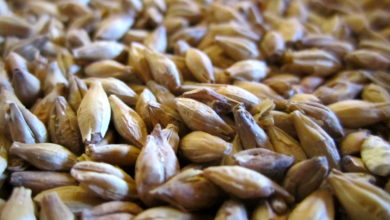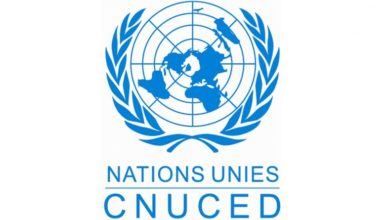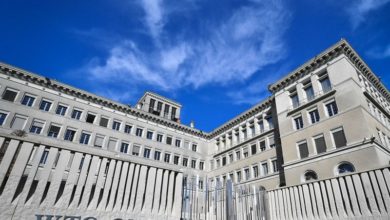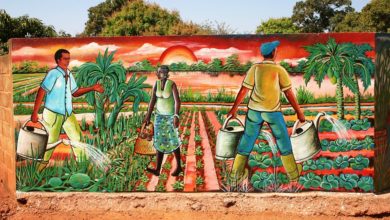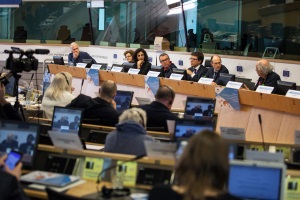
We cannot want to stop the real causes of migration and at the same time force African countries to sign trade agreements that jeopardize their regional integration and their agricultural policies. We cannot pretend to be fighting climate change and at the same time, not use access to one’s internal market, the most important in the world, to pull up production standards. We cannot advocate trade openness and, at the same time, continue to dump on international markets because of a lack of regulatory tools that we continue to dismantle.
As Olivier De Schutter argues, it is time to “get out of the binary alternative between free trade in agricultural products and protectionism”. In the agricultural sector, multilateralism needs to be redesigned on a new basis, that of co-operation between coherent regional groups capable of making stabilizing and sustainable food and agricultural policies operational.
Frédéric Courleux, Director of studies of Agriculture Strategies
The European Union is the main importer and exporter of foodstuffs world-wide. At the same time, European farmers are faced with agricultural prices which are often lower than their production costs, whilst farmers in developing countries are subject to unfair competition from imports, preventing them from accessing the market.
At stake first of all are the current international agricultural trade rules – those of the Agreement on Agriculture incorporated into the 1994 WTO agreements. This was discussed at the conference organised by the European Committee of the Regions (CoR) in Brussels on 8 March with academics in this field and other agricultural experts and institutional representatives from the Commission and the European Parliament.
In view of the consequences of the current rules on international trade for our rural areas, Christophe Clergeau (FR/PES), member of the Pays-de-la-Loire Regional Council and vice-chairman of the CoR, has called on the EU, as the main food-producing player world-wide, to engage in in-depth debate on these rules in order to establish fairer, more solidarity-oriented international trade, guaranteeing that farming will be maintained across not only the EU but also its partners.
Olivier De Schutter, Co-chairman of the International Panel of Experts on Sustainable Food Systems (IPES Food), encouraged political players to “move away from the binary alternative between agricultural free trade and protectionism”: “As long as we take seriously the requirement for consistency in policies for promoting development and align the content of trade treaties and trade policies with social and environmental standards defining fair trade, then trade can be of benefit to human development”.
For Marie Heubuch (DE/Greens-EFA), Vice-chairwoman of the delegation for relations with the Pan-African Parliament in the European Parliament, trade policy needs to be reoriented: the EU has to take the lead in building a multilateral trade system with strong social and environmental standards. Rather than steer farming policy towards exports, there should be systematic support for agro-ecological smallholdings and regional circular economies in the EU and partner countries.
Maria Arena (BE/PES), European Parliament rapporteur on the Impact of international trade and the EU’s trade policies on global value chains for the Committee for International Trade pointed out: “We need to review the WTO’s rules so that they are fairer. But the WTO is not enough here. To date it has neglected the social and environmental aspects of farming. I advocate close cooperation between the WTO, the United Nations Conference on Trade and Development (UNCTAD) and the FAO in order to build up a food and agricultural policy which respects the guidelines and these countries’ and local populations’ needs.
For Ibrahim Coulibaly, Chairman of Mali’s National Coordinating Body of Smallholders (CNOP), “The forced liberalisation policies and ensuing free trade agreements have created despair amongst African smallholders and caused a lack of interest among young people in pursuing careers in this sector, such that they have ended up emigrating to Europe or exchanging their shepherds’ crooks and hoes for Kalashnikovs and turning against their own countries. It is time to revert to collective intelligence and give each and every person a real chance to live in a world that is secure.”
1 http://cor.europa.eu/fr/news/Pages/changer-les-regles-du-commerce-international.aspx








